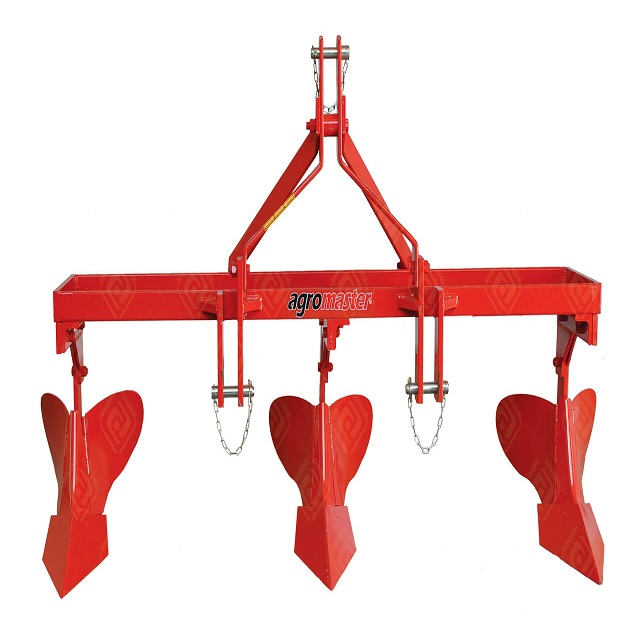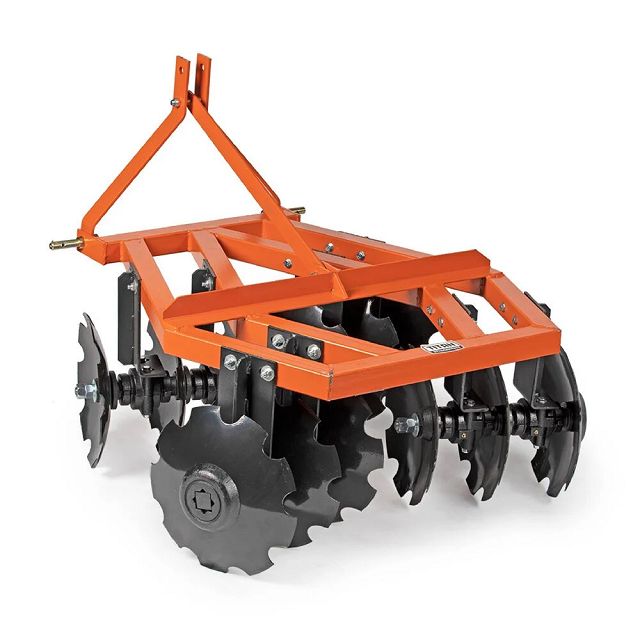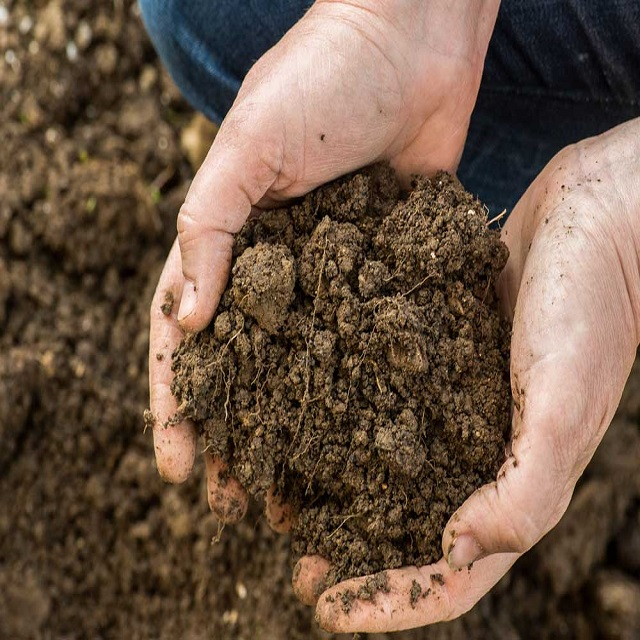
Plastic beakers serve a variety of purposes in scientific laboratories. Let’s explore their features, types, and applications:
Features of Beakers:
Types of Beakers:
Based on Raw Material Used:
No review given yet!
 Free shipping on all orders over UGX 1 Millon
Free shipping on all orders over UGX 1 Millon
 Safe & Secure Online Payment Solutions or cash on Delivery
Safe & Secure Online Payment Solutions or cash on Delivery
 7 Days Return Policy
7 Days Return Policy
 Authentic Products with MONEY BACK GUARANTEE 100% money back guarantee
Authentic Products with MONEY BACK GUARANTEE 100% money back guarantee




